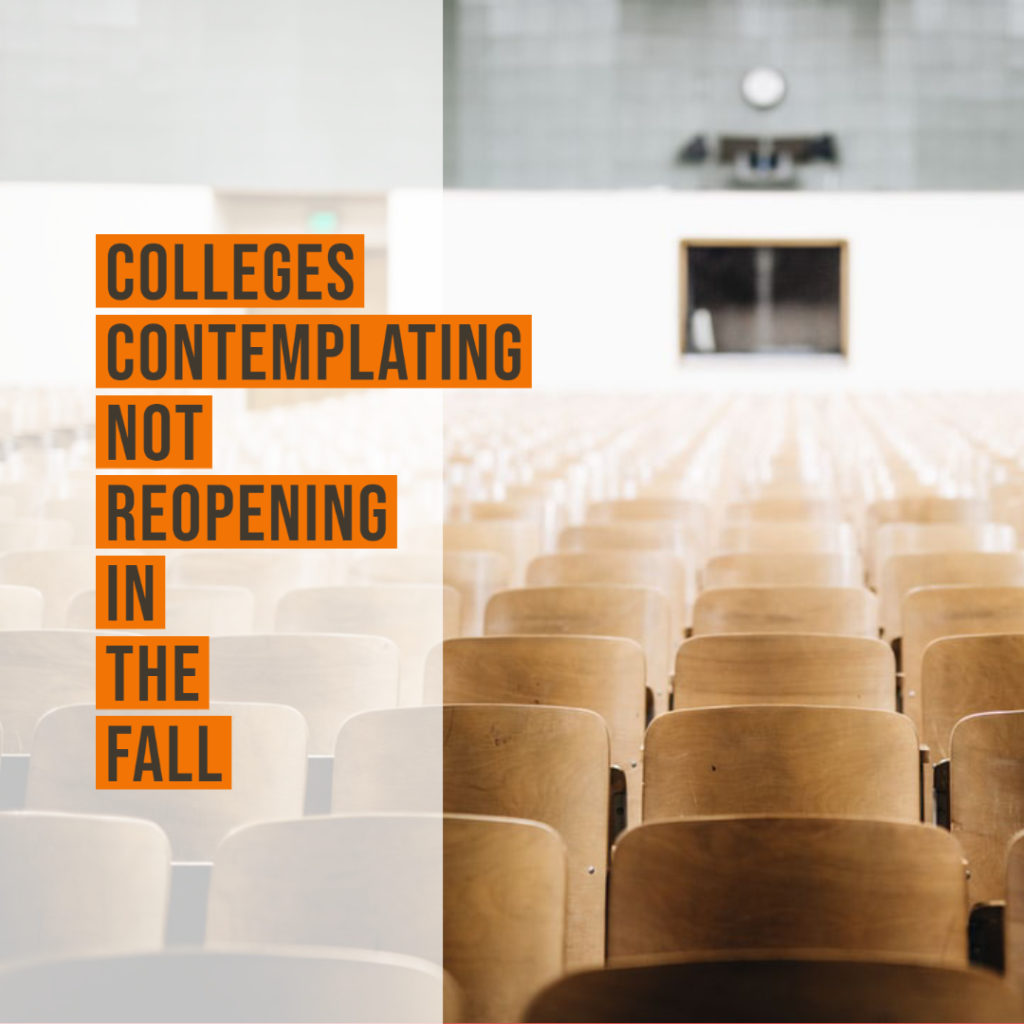
You might think that it’s going to be easy to stay healthy in college. However, it’s possible that this won’t be the case. There are a lot of health problems that college students will commonly face throughout their time in higher education. It’s important to be aware of these problems and guarantee that they do not negatively impact your college career.
Headaches
You might find that you struggle with headaches in college. Believe it or not, this is quite common and there are numerous reasons why this might be the case. First, it’s important that you don’t rule out that these might be tension headaches brought on by stress. Tension headaches can usually be felt on the sides of the head. Some people claim that they feel like there is an elastic band tightening around your head. We’ll talk about stress a little further down but adding some time to relax and unwind into your busy college schedule is often not a bad idea at all.
Headaches may also be caused by eyestrain. This will be the case if you are finding it difficult to read the board or even read your notes. You may also have this issue if you are spending too long staring at a computer screen and that’s often a major part of college. It’s common for everything to be typed up, even the notes in a lecture. If you think that you are suffering from eye strain, then it might be worth visiting an optician to see if you have a problem with low vision. You could be short or long-sighted.
Something to watch out for is sudden severe headaches that you aren’t used to and which makes it difficult to concentrate or even function. On rare occasions this may be a sign of something more serious and it does need to be checked out.
Stress
As mentioned, it’s possible that the headaches that you are experiencing are a sign of stress. But stress can have numerous impacts on your body. It can leave you with chronic pain as your body manifests stress into something it can tackle head-on. It can cause you to feel emotionally and physically drained long before the end of the day. It might also cause you to feel completely overwhelmed and unable to complete your college tasks.
Stress is why it’s important to ensure that your time at college isn’t just all work and no play. Essentially, you do need to make sure that you have a healthy balance. You need to work to guarantee that you are not becoming overladen with issues and that can be a problem if you are not careful. You might even want to speak to a therapist on a regular basis. Some people assume that therapy is only for those with serious mental health issues. However, that’s just not true. Therapy can be beneficial for everyone and ensure that you are mental health is being taken care of.
Depression
When considering the issue of mental health, it’s important that you don’t overlook the problem of depression. Depression is far more common than most people realize in college. It’s possible that you develop depression because you feel as though you are not able to stay on top of the heavy workload. Alternatively, you might find that depression creeps in because you are struggling to keep up with what can be a heavy workload.
For instance, hell week often causes students to break down. If you don’t know hell week is often a planned part of the college schedule. It is one or two weeks that include numerous exams and essay dates all clustered together. Survive it and you pass through one of the most difficult parts of the college year. Unfortunately, a lot of people do end up dropping out during this time.
To understand depression you need to be aware of the common signs. Depression is described as a deep sadness that lasts for an extended period. This could be several days, weeks or months. You may find that you struggle to find the energy or motivation to do anything. Even getting out of bed or getting something to eat can be difficult when you are in a deep state of depression.
Insomnia
Alternatively, you may find that you are struggling to get a good night of sleep. It’s possible that you are constantly up through the night unable to get the rest that you desperately require to function effectively in your college classes. If that’s the case, then it’s important that you don’t take this lightly. You should instead make sure that you are looking for the root cause of this issue. Again, it’s possible that this is going to be stressful. A lot of people will have trouble sleeping if they are overwhelmed by thoughts swirling around their heads.
Alternatively, you might find that insomnia has been caused by your schedule being thrown off course. During the time of the coronavirus pandemic, a lot of people are struggling to get a good night of sleep. Experts have suggested this is due to the fact that people are not following their typical schedule. This is why it’s important to make sure that you do have a schedule in college and stick to it as much as possible. That schedule should guarantee that you are staying quite active throughout the day. In doing so, you can guarantee that you do not find yourself filled with energy by the time your head hits the pillow.
Weight Gain
Finally, it’s quite common for your diet to take a hit when you enter college. Suddenly, you find yourself living on fast food or ready meals that are easy to prepare. If you do this, you could notice negative changes to your mental and physical health. Yes, a poor diet has been linked to everything from weight gain to depression. That’s why you need to make sure that you are getting a balanced diet and ensuring that you are getting the vitamins you need. If you are struggling here, natural supplements could be the answer.










